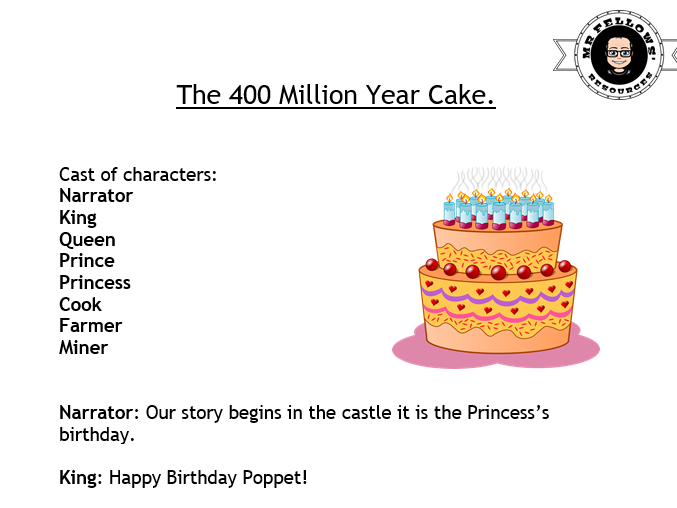6Uploads
700Views
56Downloads
Physics

GCSE Speed equation practice worksheet
A GCSE physics worksheet to practice using the speed equation. There are completed worked examples and worked examples with key terms missing for the pupils to fill in. There are practice calculations for each step of using the equation, rearranging the equation and converting units.
Suggestions for use.
Project the work sheet on to the whiteboard and explain the first worked example. The second worked example has gaps so cold calling the pupils for the answers checks for understanding. The pupils would then complete the three questions in that stage independently. You could then go over the answers using the miniwhite boards to check again for understanding. This could then be repeated for the other stages of rearranging the equation and converting the units. There are 10 questions for the pupils to complete independently.

Who would you take to Mars?
This is a space exploration activity. The pupils are presented with some short biographies of potential Astronauts. They have to choose 6 for the mission. They work in groups and discuss the reasons for and against their selections.
The pupils then fill in a table with their choices and their reasons for and against.
It is a good way of emphasising that the journey to Mars is long so the Astronauts have to get along together and they have to be self sufficient.
I have used it for a range of year groups from Year 7 to Year 11.

Fossil Fuels-The 400 million Year Cake
This is a play to show how somethings are created in a short space of time and so would be considered to be renewable but fossil fuels like coal take hundreds of millions of years to form.
It is a fun activity to do in class. I write the cast of characters on the board and the pupils volunteer to read the parts of the play.
I provide copies for all the pupils and they have to read along with the characters.
The pupils enjoy using different voices especially if you do the play twice with different pupils.
Suitable for an energy resources topic covering non-renewable energy and fossil fuels. Particularly suitable for Year 6, Year 7 or Year 8.



